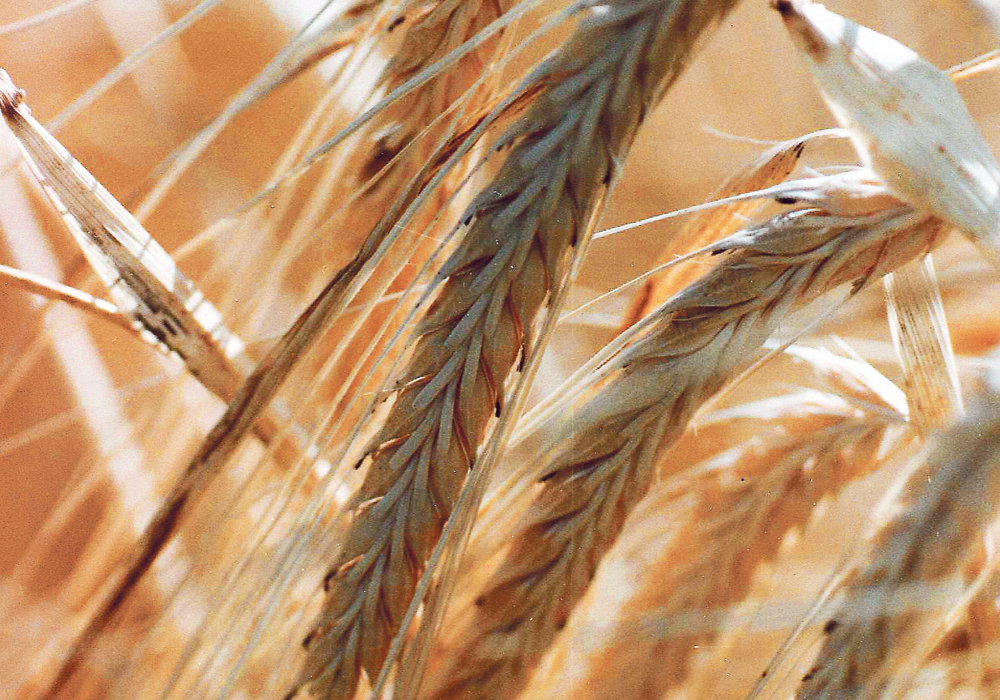Canada’s barley breeding programs could look a lot different in the future than they do today.
Proposed changes to these programs are a great concern to us at the Saskatchewan Barley Development Commission because the viability of our industry depends on strong breeding programs.
We are also concerned that western Canadian farmers seemingly remain largely unaware that the changes being proposed to breeding programs could have a significant economic impact to farm businesses.
Last year, Agriculture Canada proposed changes to the way new varieties of wheat, barley and other crops are developed.
Read Also

High prices see cow-calf producers rushing to incorporate
Farm accountants are reporting a steady stream of cow-calf producers rushing to get their operations incorporated ahead of selling their calves this fall.
Specifically, the department proposed to move away from the current model, which is supported mostly (72 percent) by government funding and toward one of two new options, both of which rely on farmers paying more money.
The first option would run on end-point royalties, relying on a non-refundable royalty paid by farmers on all harvested material when they sell their crop.
The second option would run on a royalty collected via contracts requiring farmers to annually report their use of farm-saved seeds. This means farmers would lose their current rights to freely use farm-saved seed.
Our board of directors is unified about a few things regarding these options:
- More analysis is required before Agriculture Canada proceeds with the proposed models, especially regarding the impact to producers.
We have requested that the department conduct an analysis outlining the economic impact of these proposed changes for each crop that would be affected — wheat, durum, barley and oats. To date, we are not satisfied that this requirement has been met.
- More consultations are required before Agriculture Canada can proceed. We strongly believe there has not been sufficient analysis or consultation from the government on the current proposed models for producers to make a decision surrounding this fundamental change.
- Other models to increase investment in variety development must also be considered.
The currently proposed models have a focus on future investment in the system. Any new model introduced should be designed to compete on outcomes, not investment dollars alone.
It is critical that we develop a model that works for all players in the value chain and that creates value for producers.
- Barley must be treated separately from other crops because barley will be uniquely affected by proposed changes. It is critical that the crop be evaluated individually instead of grouped with wheat and other crops (the same is true for oats).
The lack of turnover in malt varieties is a clear demonstration of why these models must be evaluated on a crop-specific basis. Producers of malting barley are dependent on end-user acceptance and are therefore in a unique position.
Furthermore, these proposals don’t seem to recognize that barley is an important crop for Canada’s economic portfolio. Therefore, any breeding programs that jeopardize our output may harm the economy.
According to Beer Canada, the beer economy contributed $13.6 billion to Canada’s gross domestic product in 2016, while annual beer sales generate $5.7 billion annually in government tax revenues. Local brewers also buy 300,000 tonnes of Canadian malting barley each year and 85 percent of the beer consumed in Canada is made here.
Barley is unique and should be treated as such.
While we wait for Agriculture Canada to conduct its promised mass-scale consultations with farmers about this issue, there are numerous ways that farmers have their say:
- They can take a survey being conducted by the Agricultural Producers Association of Saskatchewan in partnership with the Alberta Federation of Agriculture and Keystone Agricultural Producers. The results of this survey will be compiled and shared with key decision makers. Find it at seedroyaltysurvey.com.
- They can get informed about this issue. Visit our website (under the “priorities” tab) to learn more.
- They can talk about it with family and friends to help raise awareness and they can also provide feedback to their government and commission representatives.
We can’t afford to be silent on issues that can have a significant impact on our businesses in the future.
The future of barley breeding in Canada depends on it.
Jason Skotheim is chair of the Saskatchewan Barley Development Commission.















